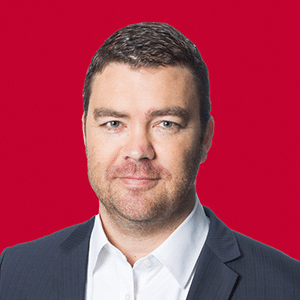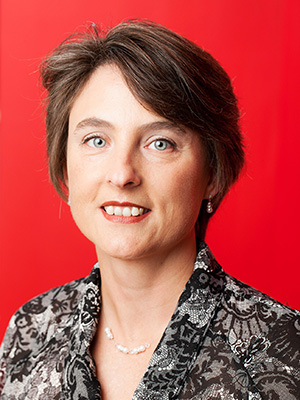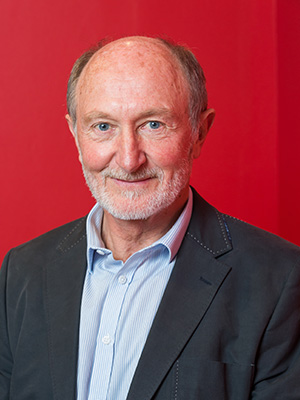After a tough 2022, equity markets started 2023 strongly. The S&P 500 gained 6.3%, with the Nasdaq rising 10.7%. This optimism was evident across most global markets, with the FTSE 100 rising by 4.3%, the Nikkei by 4.7% and the MSCI ACWI increasing by 7.2%.
December US inflation continued its downward trend, increasing 6.5% YoY, in line with economists’ forecasts. This, together with signs that the US economy is slowing, contributed to the US Fed’s decision to pivot toward slower rate hikes, increasing them by a reduced 25 basis points at their last meeting.
Inflation in the Eurozone also continued its decline, mostly due to lower energy prices in the region – as natural gas futures traded 40% lower than a month earlier. While inflation is starting to cool in most countries, it appears the pressure has now spread to the East, with prices in Japan increasing 4% YoY, the fastest rate in 32 years.
Stocks in China continued their strong rebound, as the Hang Seng increased by 10.4% – now up 49% over the last 3 months – as optimism about the relaxation of COVID protocols spread. Further positive sentiment was evident after some regulatory approvals, suggesting the clampdown on major firms could be subsiding. Significant risk remains, however.
January, the 11th month of the Russian invasion, saw a notable shift in approach from Ukraine’s Western Allies. The United States and Germany (amongst others), reversed course on earlier decisions to only send defensive weaponry, approving the deployment of battle tanks. This allows Ukraine to take a much more offensive approach. However, these moves also prompted another highprofile Russian security official, and key Putin ally, to warn that nuclear powers, such as Russia, do not lose major conflicts on which their fate depends.
The direction the war takes as it approaches the 1-year mark will continue to be a pivotal point in determining global geopolitical risk, and all its consequences, in 2023.
Investors on the local bourse also enjoyed a very strong month, as the All Share Index increased by 8.9%. The Rand lost ground to the dollar, however, as investors had bet on the Reserve Bank raising the Repo rate by 50bps versus the 25bps that was announced. This puts the prime rate at 10.75%.
Eskom and NERSA provided little to cheer about, as they announced an 18% hike in the price of electricity (bills should probably decrease, though, as they also provided us with a lot less of said electricity). A report by ABSA Bank estimated that power cuts cost the country a full 1.3% of GDP growth in 2022.
James Hayward BEng (Civil)
Equity Analyst
James, or JD as he prefers to be known, is an equity analyst in the global investment team, having joined Flagship in 2021. At the completion of his degree, JD worked in the engineering and fintech start-up industries while pursuing further studies in investments. JD holds an Engineering degree from Stellenbosch University and has passed all 3 levels of the CFA exams.



















